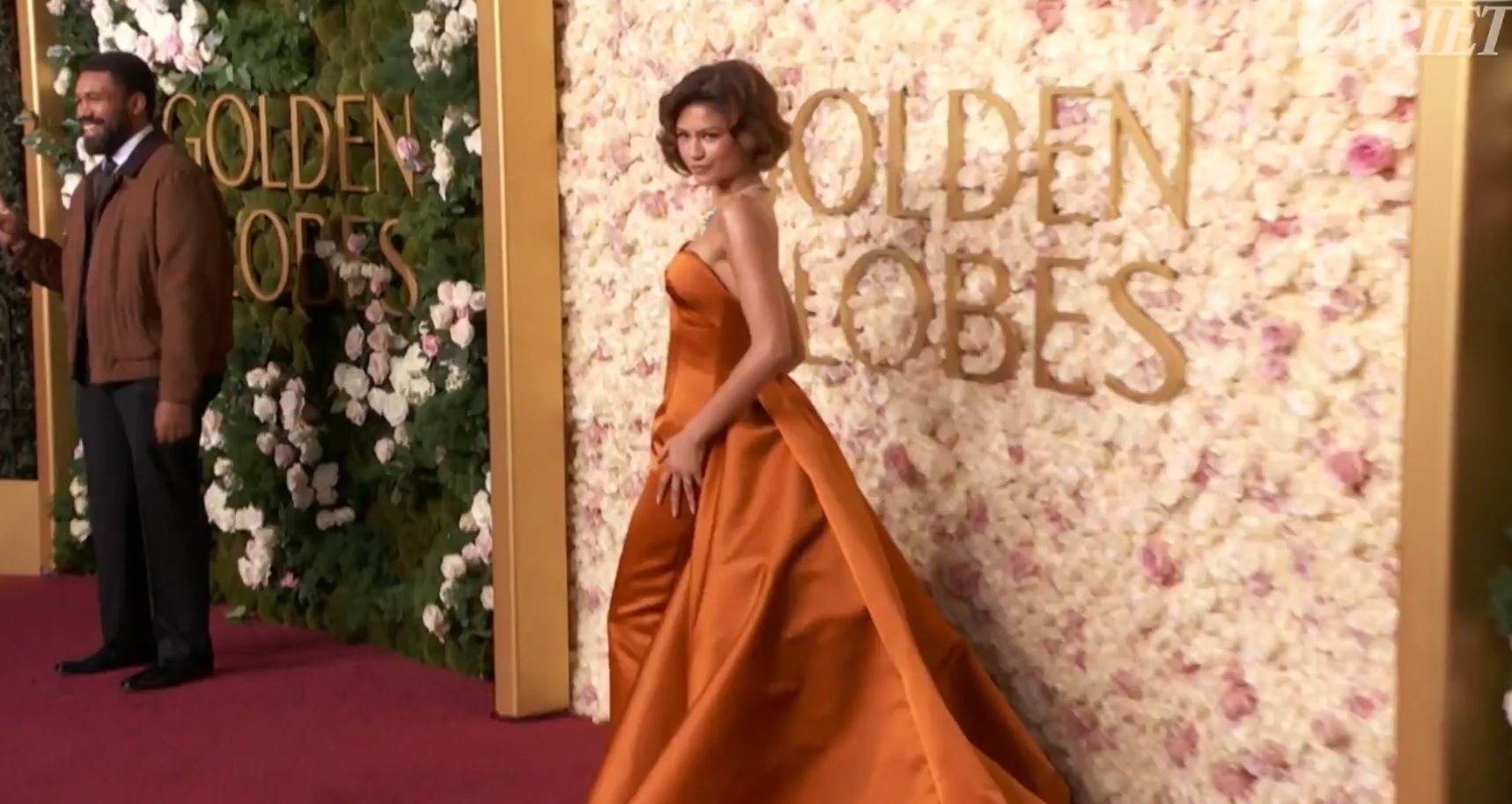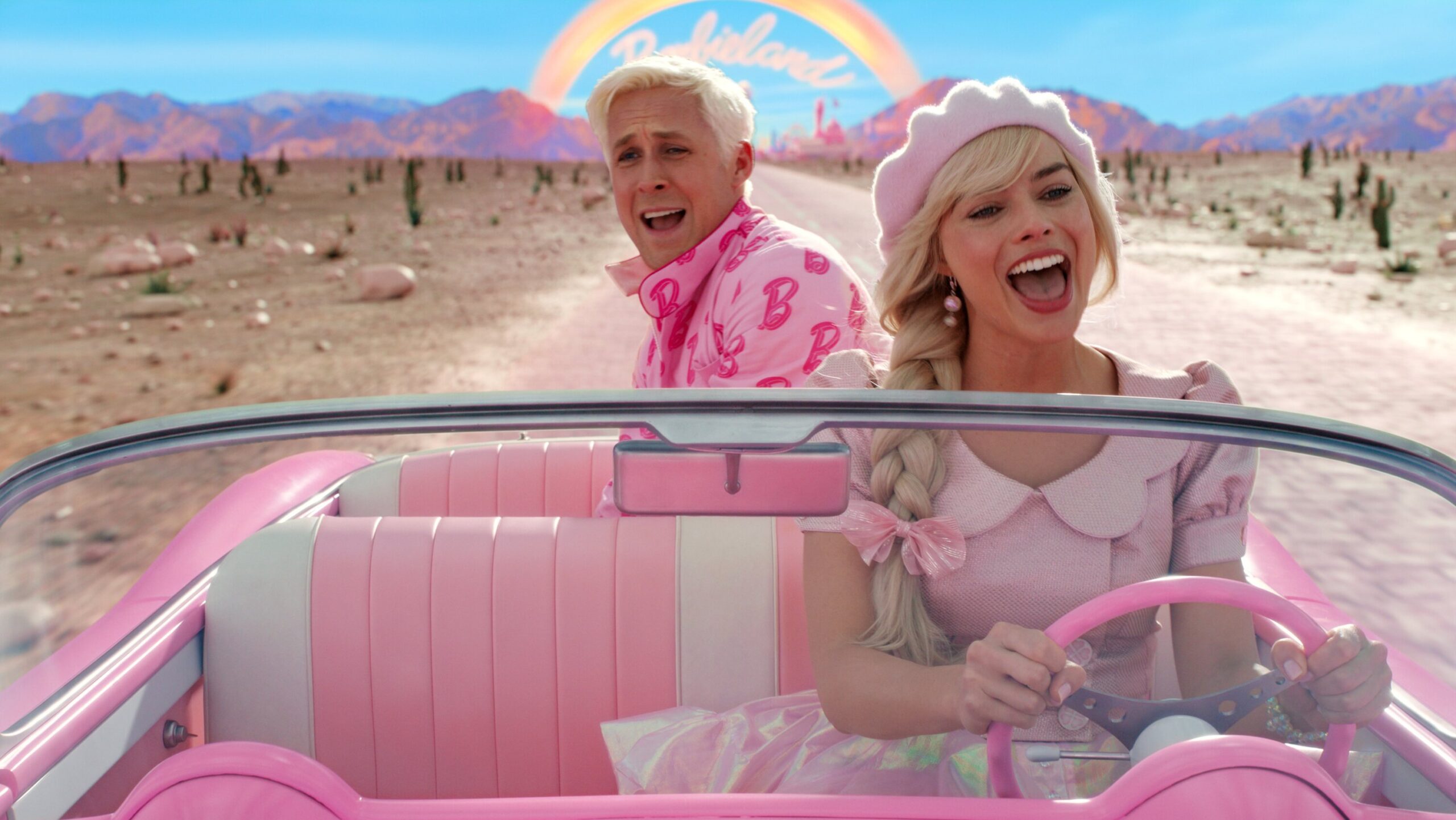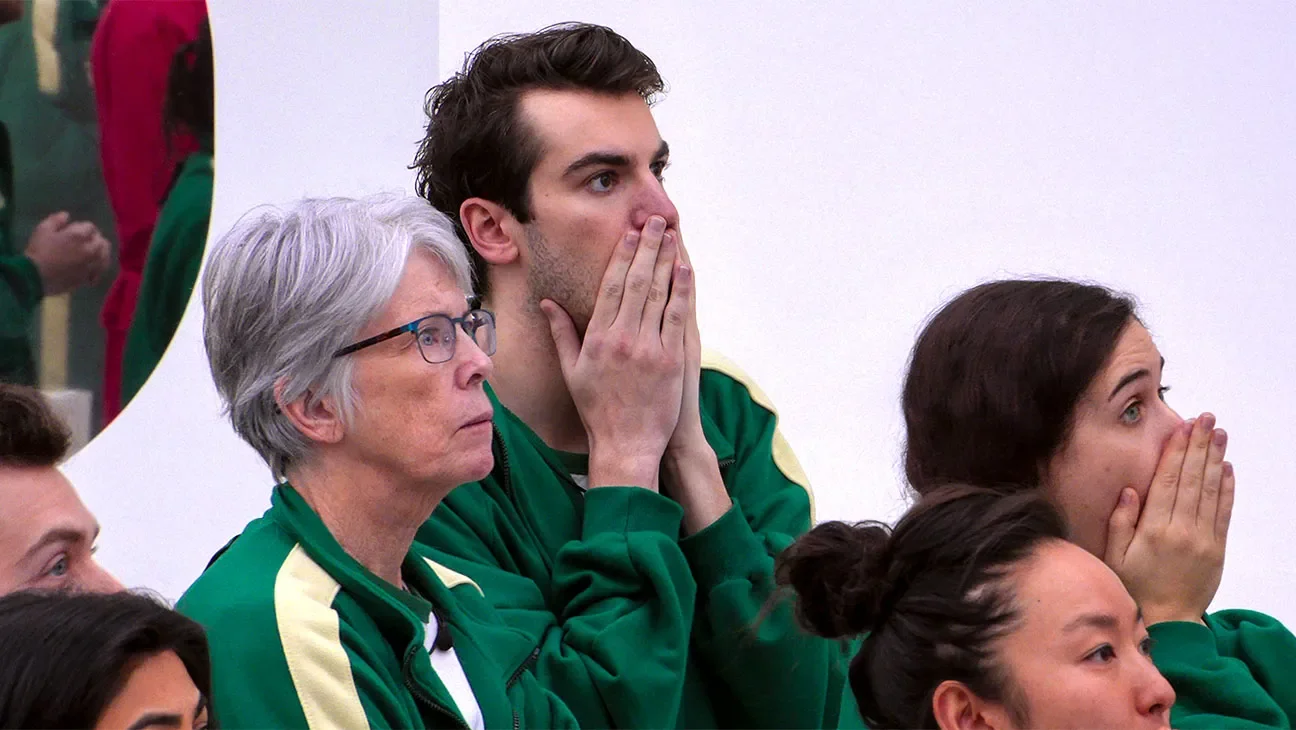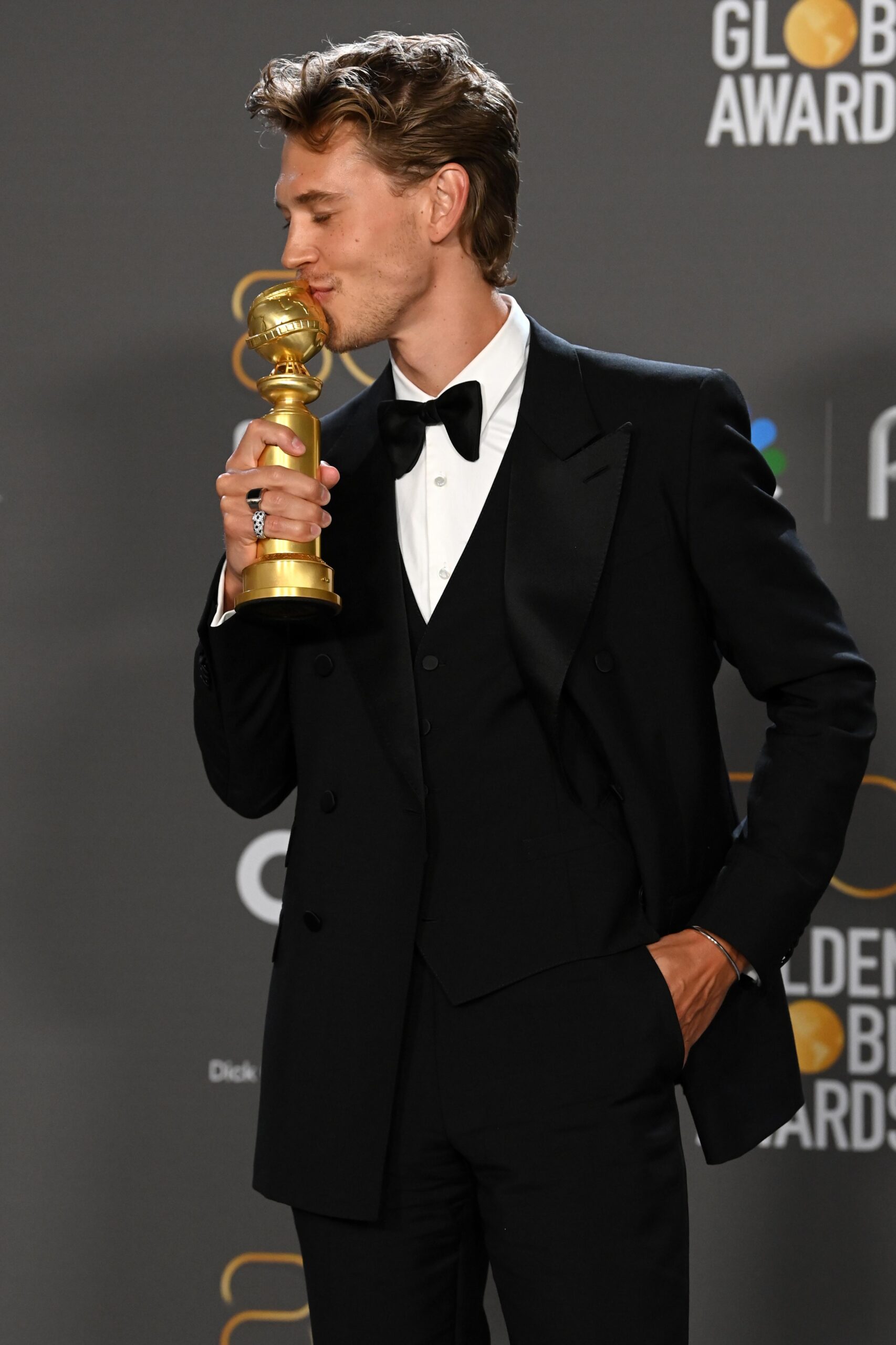Ah, it’s a new year, resolutions are kicking into gear, and award season is back, baby. The 2025 Golden Globes was full of snubs and surprises, as well as remarkable and questionable fashion choices. So, without further ado, we’d like to present – in our humble opinion – the best and worst dressed celebs. Let’s […]











